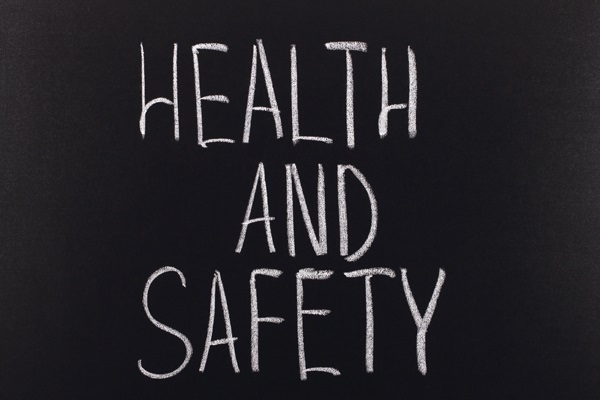Maintaining good housekeeping is a basic requirement of any business. In health and social care, it is particularly important that managers and those with significant leadership within an organisation have high standards in housekeeping. This is given they have the general public on their premises as well as vulnerable people, some of whom live on are premises, i.e. care homes and residential settings. Good housekeeping is a basic requirement of both an efficient service and for the wellbeing of all.
Managers have a duty to provide a safe environment for their staff, residents and anyone who enters their premises or grounds under the Health and Safety at Work Act 1974 sections 2 & 3. All staff in the health and social care sector have a responsibility to work safely and protect the safety of others by their actions.
What do I need to do!
Having a housekeeping schedule in place which monitors the condition of your furniture, fittings, buildings and grounds ensures that issues which may arise are picked up on and thus addressed. Below I have given some practical advice in achieving good housekeeping.
How do I best manage housekeeping!
To best manage housekeeping in any health and social care establishment a few simple steps will keep people safe as far as is reasonably practicable and reduce the likelihood of harm:
- Staff supporting a resident in their room should do a brief visual check of room and note any concerns.
- Maintenance officer should do a weekly inspection of the home including resident rooms (see basic tasks below).
- Home or office manager should undertake a monthly management audit in which housekeeping is one of the sections.
- A maintenance/housekeeping log book in which concerns can be entered in by staff and maintenance review this daily (ie: as part of morning handover).
- Clutter should be kept to a minimum and access/egress routes kept clear.
A basic maintenance check list including bedrooms and balconies (weekly)!
- Check that window restrictors are in place and secure.
- Check wardrobes are secure to wall to prevent falling on resident.
- Check wardrobes are free of clutter above them ie: suitcases, lamps, pottery etc which could fall on a resident.
- Loose wires, plugs etc, damaged extension leads (avoid if possible).
- Loose carpets, bath rails, toilet seats, etc.
- Damaged bed rails, damaged furniture, etc.
- Damaged or broken windows, window openings.
- Damp walls or leaks.
- Loose handrails, grab handles, damaged or loose lifting aids.
- Mattress checks.
- Integrity of fire doors – intermittent strips, handles, hinges, door closers and guard stops.
- Emergency pull cords work.
There are other checks, this is just an overview. Your QCS dashboard has resources including policies and templates to assist.
What does the law require!
Protecting staff is covered by The Health and safety at Work Act 1974 sections 2. The salient parts are:
It shall be the duty of every employer to ensure, so far as is reasonably practicable, the health, safety and welfare at work of all his employees.
Sections 2 (2) in summary, goes on to refer to safe plant and machinery, safe access and egress, access to training and a safe working environment to name a few.
Protecting the general public and residents who live in your care home, etc. are covered by The Health and Safety at Work Act 1974 section 3. The salient parts are:
- It shall be the duty of every employer to conduct his undertaking in such a way as to ensure, so far as is reasonably practicable, that persons not in his employment who may be affected thereby are not thereby exposed to risks to their health or safety.
In summary, having good housekeeping in place ensures the wellbeing of all who work, visit and live at your health and social care establishment. It is often the small things which have the greatest impact when things go wrong. Providing a safe environment for all is not only a duty of all managers, it keeps them out of court and keeps people safe.
References:





